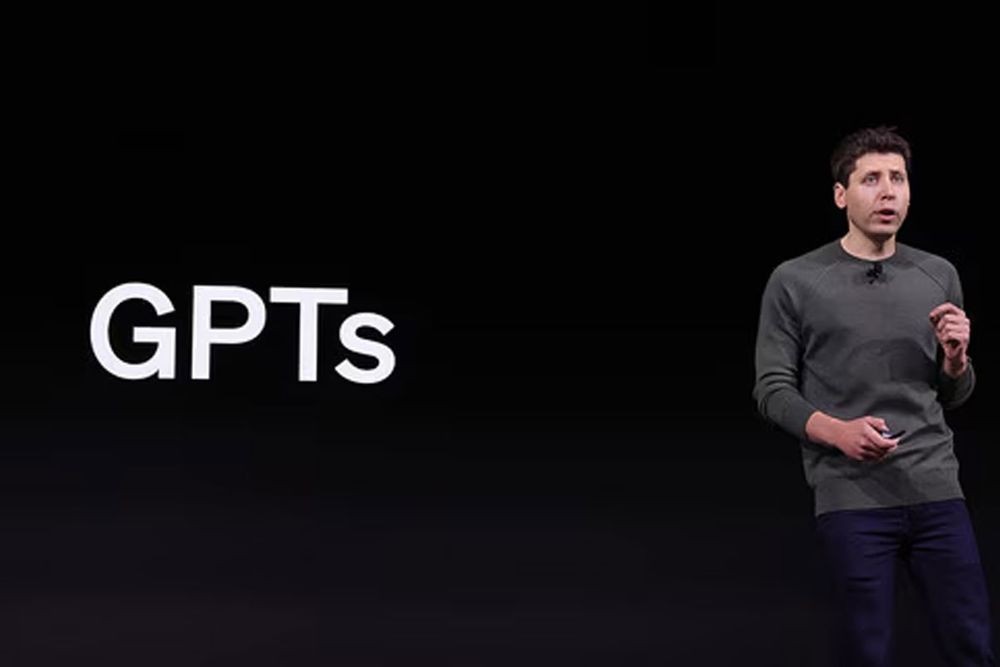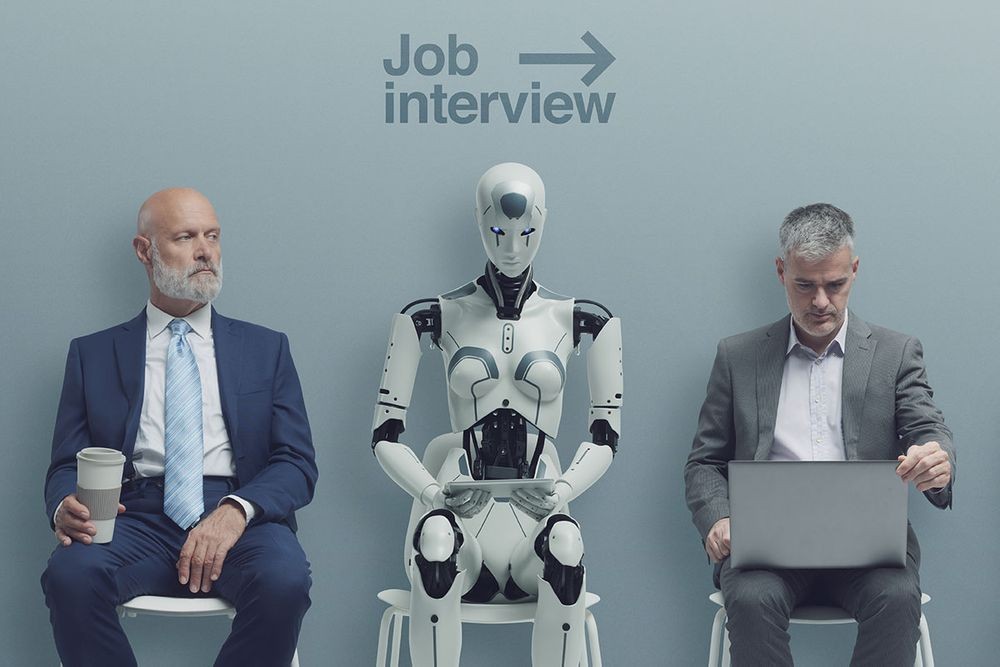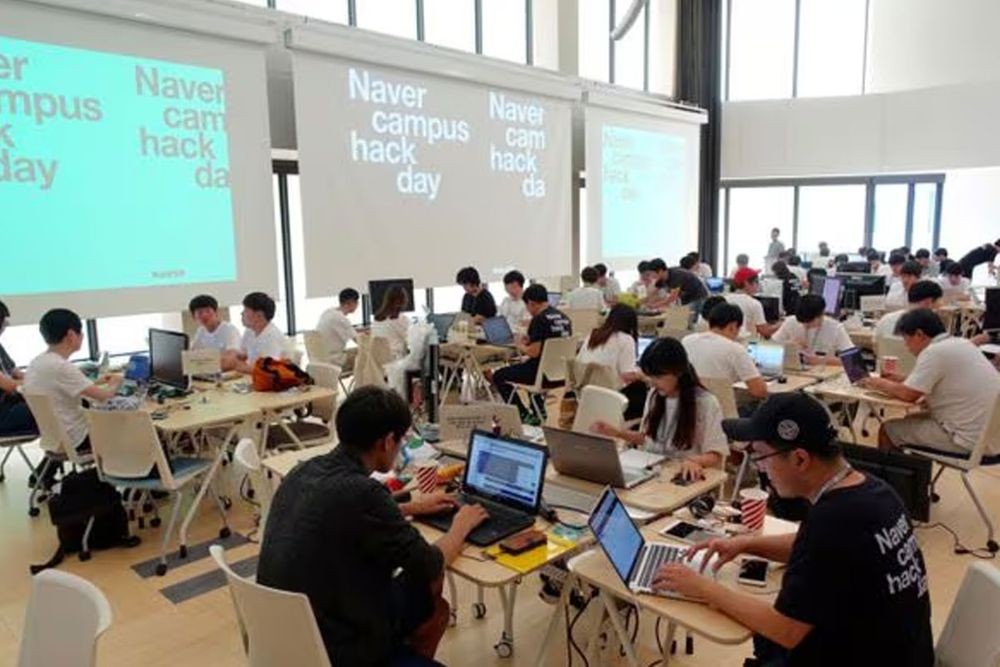The AI Revolution: A Blow to Traditional IT Jobs?

Amidst the escalating worldwide interest in Artificial Intelligence (AI), businesses are racing to onboard AI specialists. Conversely, there’s a notable decline in hiring within the broader IT (Information Technology) sector, excluding roles specific to AI, which is attracting scrutiny.
On the 5th, local time, the Wall Street Journal disclosed that U.S. companies are intensifying their efforts to hire AI experts, offering lucrative salaries to attract and retain these specialized professionals.
As per a University of Maryland study on AI job vacancies cited by the Wall Street Journal, there’s been a striking surge in new AI job openings, witnessing a 42% rise since the start of this year compared to the end of 2022. Conversely, the overall number of new job openings in the IT sector has experienced a notable decline of 31% over the same period, prompting concern.

This shift in trends is believed to have started following OpenAI’s release of ChatGPT towards the end of 2022. Subsequently, there has been a noticeable uptick in the demand for AI specialists within companies.
Robert Smith, a professor at the University of Maryland’s business school, who led the study on AI job openings, explained, “Roles in AI, such as machine learning engineers and data scientists, predated the introduction of ChatGPT. However, the launch of ChatGPT has brought about a paradigm shift, with the market recognizing the integration of AI into products and workflows, particularly as ChatGPT applies user interface (UI) to AI technology.”
According to Indeed, a U.S.-based job search platform, there has been a 15.7% rise in AI-related job listings over the past six months, contrasting with a decrease of approximately 30% in postings for data analysts and data scientists, indicating diverging trends.
This phenomenon is not limited to overseas markets. There is a growing demand for AI specialists within large companies in Korea, while the demand for other IT positions is declining.
A graduate from a computer science department at a Seoul-based university remarked, “There’s been a decrease in demand for developers. It seems that companies once actively recruiting new talent now either prioritize hiring experienced professionals or refrain from hiring altogether.”

He continued, “Today, AI can design websites more swiftly and precisely than humans. While layoffs due to AI are already occurring in foreign countries, they haven’t yet surfaced in Korea.” He elaborated on the anticipated challenges the IT sector may encounter.
As of the 15th, the IT industry reports heightened concerns among AI workers due to the recent surge in AI advancements. There’s growing speculation that AI might replace even the roles of developers with lower levels of expertise.
In January, the career platform Saramin released a report analyzing job postings in 2023 compared to 2022. It revealed a 7.4% decrease in IT development and data job demand. Interestingly, while these roles were identified as the most understaffed in last year’s Job Market Supply and Demand Status Survey, with a ratio of 41.8%, they have experienced a decline in demand in just over a year.

Kakao, renowned for its extensive recruitment of IT professionals in Korea, has scaled back its hiring efforts. Following large-scale public recruitment drives in the first and second half of 2020, Kakao reportedly downsized to smaller-scale recruitment linked to internships in the latter half of last year.
Similarly, Viva Republica, the company behind Toss and a significant demand for IT talent, expanded its workforce across six subsidiaries to 1,000 employees in 2021. However, it notably reduced its developer recruitment program to approximately 50 individuals last year.
Meanwhile, Naver is hiring IT personnel, but specific hiring targets have not been disclosed. The company confirmed a passive stance towards hiring without providing details on expected numbers.
Companies are adjusting their hiring strategies in response to the slowed IT business conditions post-COVID-19 and the significant advancements in AI technology. With the industry experiencing a downturn and a saturation of personnel, there’s a shift towards hiring experienced workers over new ones.

This trend appears to stem from an influx of individuals transitioning to the IT sector attracted by high salaries. Consequently, experienced workers are facing challenges such as salary cuts or reduced years of service requirements to secure employment opportunities.
Previously focused on traditional information and communication businesses, major corporations are now prioritizing the AI sector. They’ve been downsizing for several months while actively recruiting new AI talents.
Conversely, there’s still demand for IT personnel in various industries. In particular, the banking and insurance sectors have intensified their efforts to recruit IT professionals. This shift is attributed to the recognition of changing trends, with a decline in traditional offline customer visits and an increase in non-face-to-face transactions like MyData management, fractional stock trading, fintech, investment, and healthcare.
Commercial banks, for instance, have seen a surge in demand for IT personnel. This is attributed to the implementation of internal control programs to curb embezzlement and fraudulent activities, which remain persistent challenges in the banking sector.















Most Commented